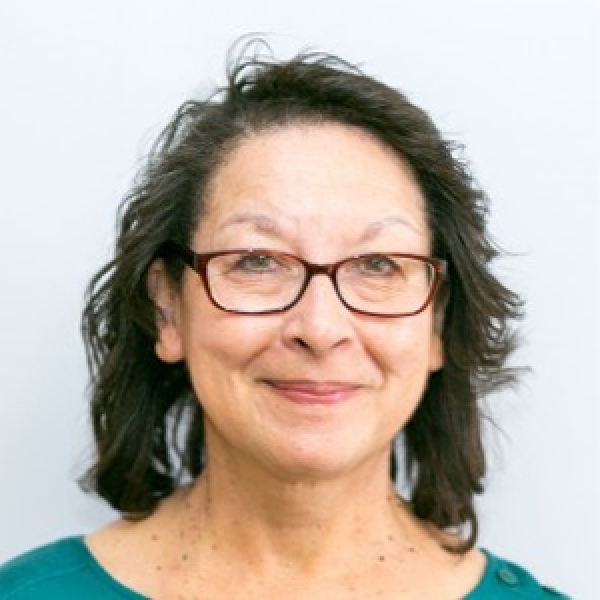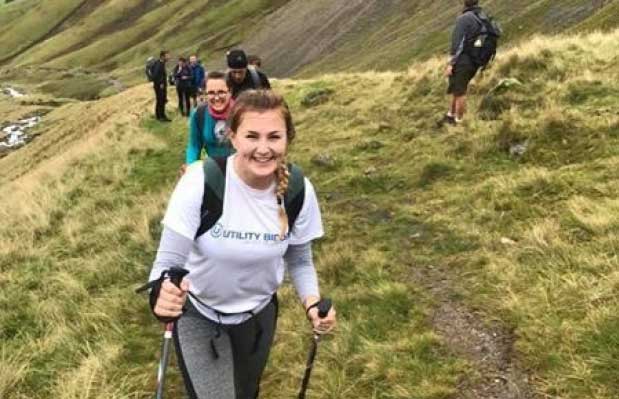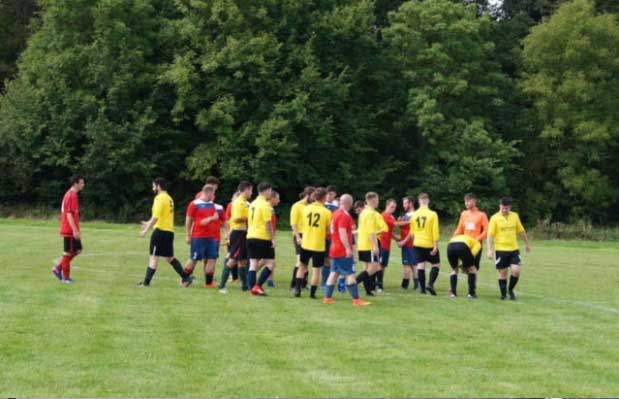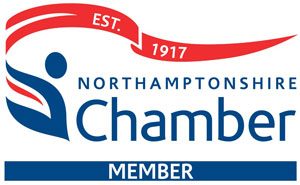Who we are and what do we do?
Lakelands Hospice provides palliative and end of life care, free of charge, for people in Corby and the surrounding villages living with life-limiting illnesses such as cancer, COPD and advanced heart failure. Corby has one of the highest rates of heart failure in England and has some areas that are among the county’s most socially deprived.
We do not receive any government or NHS funding, relying totally on charitable donations and fundraising events and we need to raise in excess of £650,000 each year to keep our doors open.
for more information please see contact us
Caring with dignity and compassion
Respect, dignity, compassion and care are at the core of how patients are treated
#makeadifference
Visit our warehouse in Corby
At Lakelands you aren't a medical term, a disease or a number, you are a person cared for and respected with dignity and compassion.
Take a look
A day in the life...
A typical day in the life of Jackie Henry, Volunteer Co-ordinator

My day
A day in the life …………………………… Volunteer Co-ordinator
Hello,
My working day starts just before 9am, with a cup of strong builders’ tea and checking emails. This can either go two ways, groans if a role needs covering at short notice due to illness, or a smile if something positive has/is happening. The one thing I would say, is that every day is different. Whatever is in my diary for the day, must be flexible, as priorities can change in the blink of an eye.
My key role is to recruit and support volunteers in their various roles at the hospice and our warehouse on St Mark’s Road. We currently have 140 volunteers which is amazing and just goes to show the amount of support and commitment we receive from the local community.
Throughout the day I complete and update the hospice rotas ensuring that all roles are covered. Regular liaising with nursing staff who confirm which patients require transport for the week, so that I can ensure arrangements are in place to book vehicles and volunteers to ensure patients can access our services.
Volunteers come in all ages, nationalities, abilities, genders there is no ‘one size fits all.’ We are a Disability Confident organisation, which I believe adds to our inclusive outlook, and I do think that there is a voluntary role for everyone. I really enjoy meeting new potential volunteers, as everyone has a different motivation to volunteer, and everyone has a story to share.
A large part of my role is building relationships with our volunteers. Knowing that someone is supporting family members with health issues, recovering from an operation, or just having a break and taking some time out for themselves – and remembering who is available, and who to approach is vital. I usually start by saying “you can say no if you’re busy or don’t want to” if I’m asking if someone can cover a role (sometimes at short notice). I would have volunteers to feel that they have to say yes, all the time, so give them an option at the start of the conversation.
Another part of my role is consulting with corporate companies who provide teams as part of their community initiative to support local charities, and they volunteer with us. They are given time off by their employers and usually help with garden maintenance or decorating. The teams can use us as a teambuilding day especially if they work from home or are a dispersed group.
We are a small team and sometimes must be flexible and be able to fill any “gaps” that may occur, throughout the day.
I feel very honoured and privileged to work in this environment, as passionately that Lakelands is a very special place.
Popping down to have a chat in the dayroom with our patients is an effective way to ground me, and really appreciate why we are all here. It is a real privilege to have the opportunity to talk to our patients, they enjoy their hospice day and there is more laughter than tears in the dayroom. If we can distract our patients in some way or just make them smile – our job is done.
Jackie Henry
Volunteer Co-ordinator
Commitment
Our care
EMPATHY
We understand and empathise with the feelings of our patients
CHOICE
The right and ability to choose the end of life care that is right for them and their families
SUPPORT
We give support and assistance, be part of and encourage patients to improve their quality of life
COMMUNITY
We are funded by the community for the community
TRUST
Patients have trust in our nursing staff, processes and services
COMPASSION
We are sympathetic and show compassion for the sufferings of our patients
Our stories
LATEST NEWS
Stacey Price has joined the fundraising team
As of November 3rd Stacey Price has joined the fundraising team, as our new community fundraiser. With a wealth of experience and bundles of enthusiasm and energy we are excited for future community activities, raising much needed funds to continue to provide care for our amazing community.
Our Golf Day
On behalf of everyone at Lakelands Day Care Hospice, we want to say a heartfelt thank you to all of our incredible sponsors, supporters, and players who helped make our Golf Day such a success.
Join Our
Fundraising Team
#makeadifference
DIGNITY
Maintaining patient dignity at end of life is paramount
COMPASSION
Treating each patient with compassion is an absolute requirement
TRUST
It is important that patients and families can put their trust in us at one of the most difficult times in their lives









